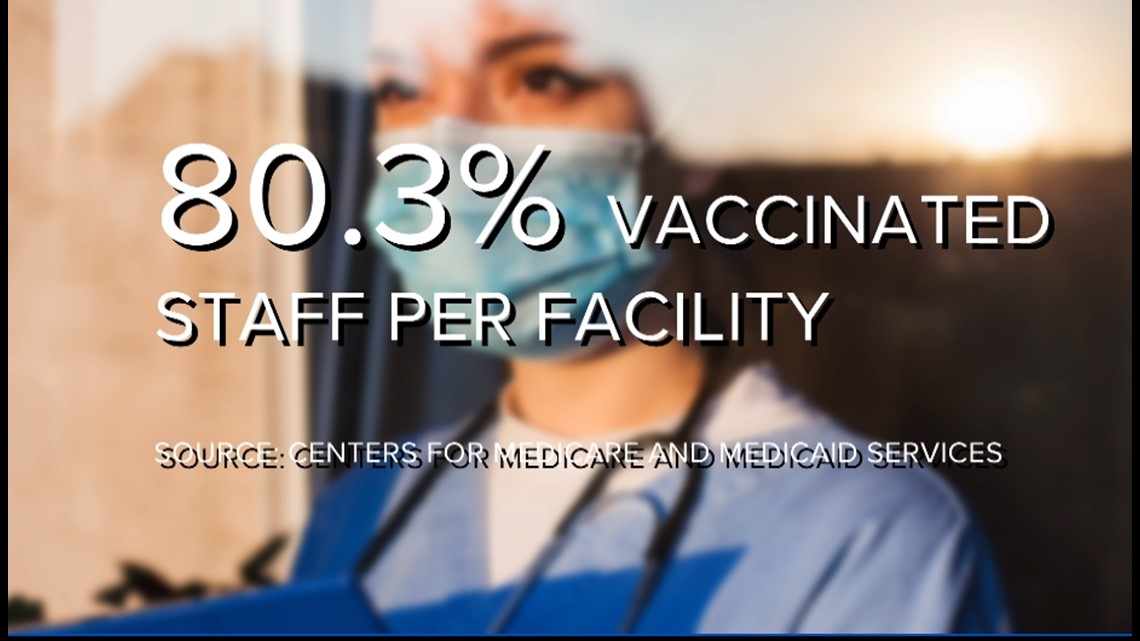BLOOMINGTON, Minn. — The staffing challenges have been unending for long-term care facilities. Care Providers of Minnesota, a membership association made up of long-term care and hospice providers, tells KARE11 around 2,000 long-term care workers have been leaving their jobs each month, over the past several months.
The organization's president and CEO, Patti Cullen, said these issues pre-date the pandemic.
"We were short-staffed to start this pandemic, and then the pandemic hit," Cullen explained. "Either they’re burnt out, because it’s hard wearing an N95 mask all day long, or they have kids at home."
Cullen added that many long-term care direct care providers, such as certified nursing assistants (CNAs), are already facing child care challenges that the pandemic has since magnified.
"We have a lot of single moms figuring out how to balance when you’re going to have to be home because your kid’s going to be home," she said.
Now, there's an additional element in the mix: the federal mandate requiring all health care workers be vaccinated, a requirement that was upheld by the US Supreme Court on Thursday.
According to the Centers for Medicare and Medicaid Services, 80.3% long-term care facility workers are vaccinated nationwide. In some areas of Minnesota, the vaccination rate is lower.
"In portions of the state where the overall community vaccination rate is low, they’re going to have to scramble to work really hard by the end of this month to make sure that at least 80% of their staff are vaccinated, or they have an exemption, and they have a plan to get to 100%," Cullen said. "That’s an added burden on providers that are already short-staffed."


Meanwhile, educators at programs that train future nurses and CNAs, like Minneapolis Community and Technical College (MCTC), are doing their part to convey the importance of the vaccine to students.
"It's about education, education, education," said Traci Krause, the Dean of the School of Nursing, Health Sciences & Wellness at MCTC. "Every week, we say the same message - science backs this, I wouldn't give it to myself and my family if I didn't believe in the safety and efficacy of it."
Krause added that mandates are not a new concept to health care workers.
"We were always vaccinated, including the flu annually, including CPR," said Krause. "When you're in health care, you are used to someone telling you what you need to do to provide care to someone. It's very unfortunate - this is the first time in the history of the country that a vaccine has become a political 'hot potato,' if you will."
Cullen hopes the legislature will make changes to allow long-term care facilities to pay their care providers better wages.
"There’s openings everywhere, so we’re in a fierce wage competition," she said. "In an environment when we rely on government funding, we can’t just boost up our wages to 20, 25 dollars-an-hour to compete. We really need, frankly, the legislature to act boost up our wages up so we can be competitive."

